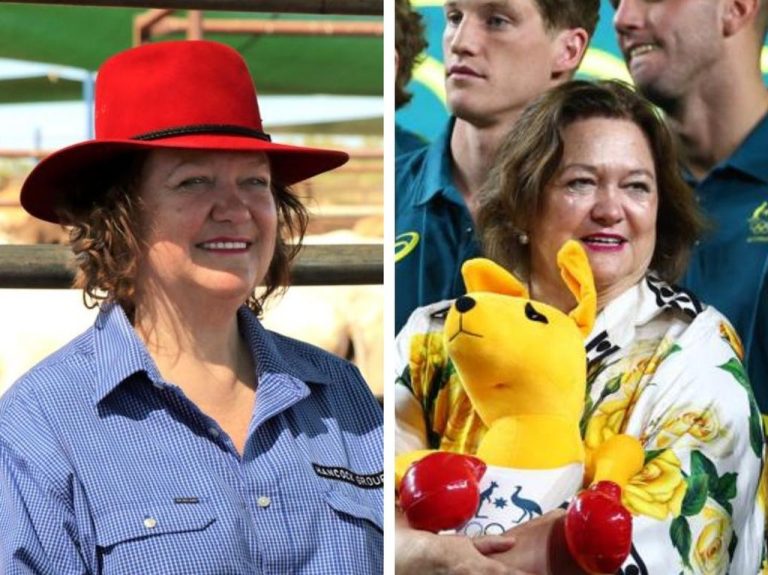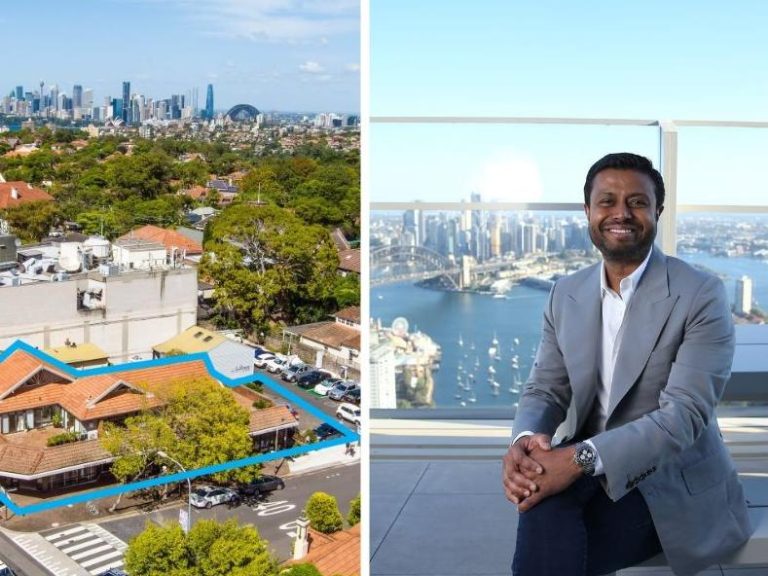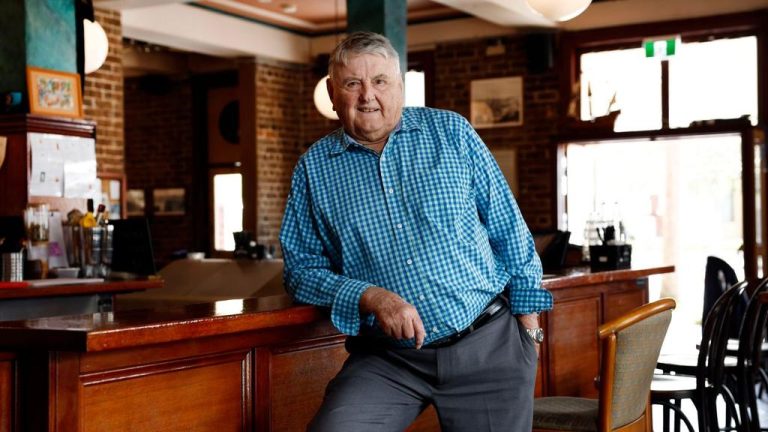Regional pubs on a tear as big investors go country
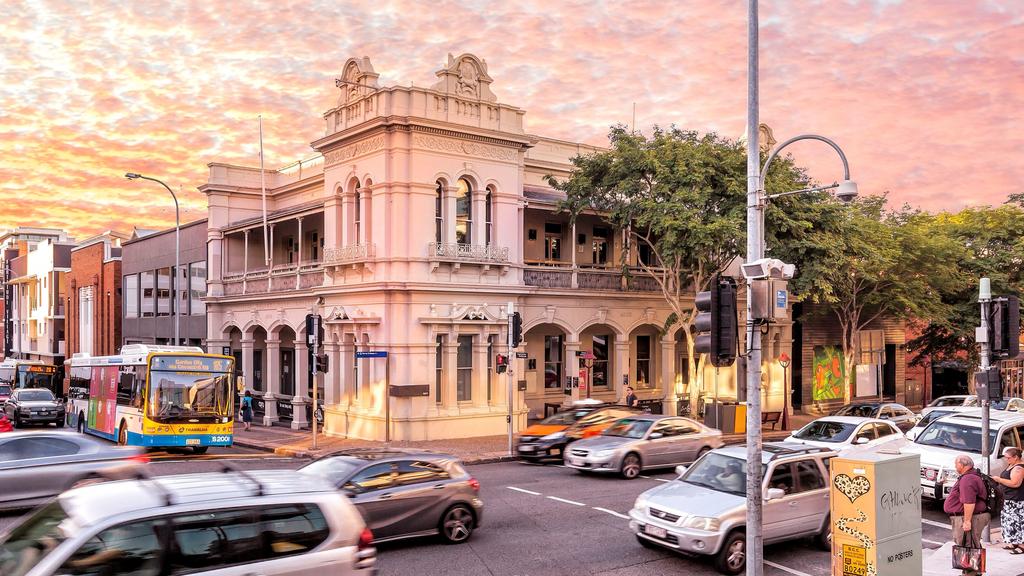
The GPO Hotel in Fortitude Valley.
The run on country pubs, whether it’s the $80m paid for the Great Northern Hotel in Byron Bay, or the $13.25m for the Whitebull Hotel in NSW’s scenic New England district, shows no signs of abating.
“It’s like a deal a week, it has got to come to an end, some ridiculous prices are getting paid because interest rates are so cheap with a lot of investors paying for tomorrow’s earnings,” says one senior hotel industry expert speaking on condition of anonymity.
For Sydney-based hotel broker Andrew Jolliffe, managing director of HTL Property, it’s been a good quarter, with his firm negotiating the sale or terms agreed on $652m worth of city and country hotels. On top of the $652m, Jolliffe says HTL exchanged on a further 14 deals in July.
“Fundamentally pubs are resilient, they have always been resilient, maybe nothing is recession-proof, but these are close to it,” Jolliffe says.
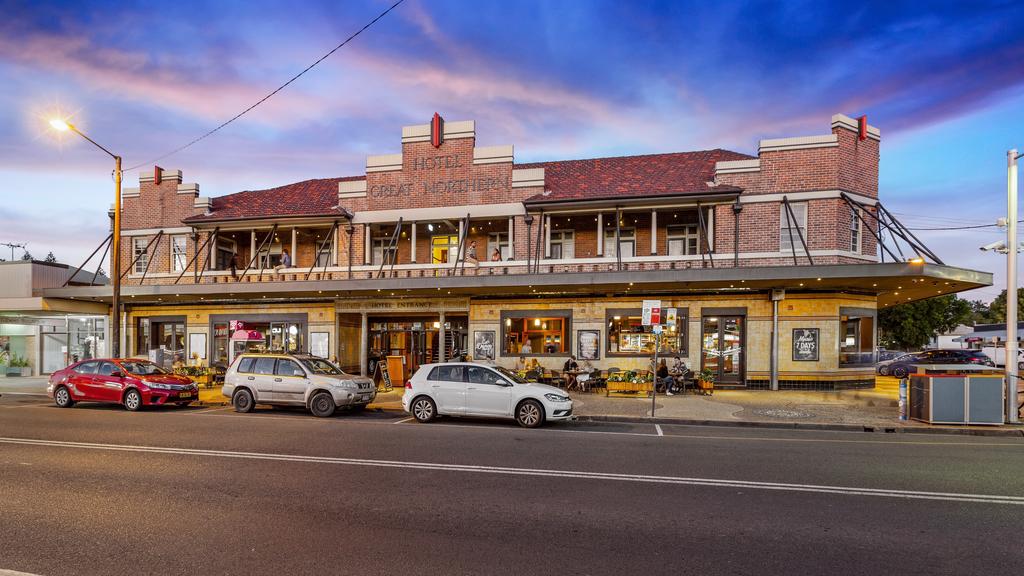
The Great Northern Hotel in Byron Bay changed hands for nearly $80m.
Explaining the record amount of transactions, in particular the large number of regional deals being negotiated, Jolliffe says it comes down to the lack of city pubs available, combined with punters recognising how strong regional pub assets can be.
“Pubs have been impervious to drink driving laws, the GST, they have been impervious to a number of challenges,” he says. “They are well supported by the banking fraternity which is critical, and owned by multi-generational family interests which gives great confidence to lenders, legislators, and the new breed of corporatised entrant who takes comfort from the fact these hotels have been in the same hands for a long time.”
In Newcastle, Deane Moore of pub brokers Moore & Moore, describes the popularity of pubs as a case of ‘love your local.’ Moore, who with JLL has just sold Newcastle’s Grand Hotel for more than $5m, says punters are seeing value in regional towns like Newcastle, north of Sydney.
“Regional and country pubs in Tamworth and Moree have become a bit recession-proof as people want to invest closer to home,” says Moore.
For JLL it’s been a record quarter.
The agency sold $615.5m worth of hotels including the $54.5m All Seasons Bendigo to the MA Financial Group and the $80m Great Northern Hotel and Lateen Lane Hotel in Byron Bay which was offloaded by veteran publican Tom Mooney. The purchasers were Scott Didier, founder of building company Johns Lyng Group, and Scott Emery, non-executive director at online lender MoneyMe.
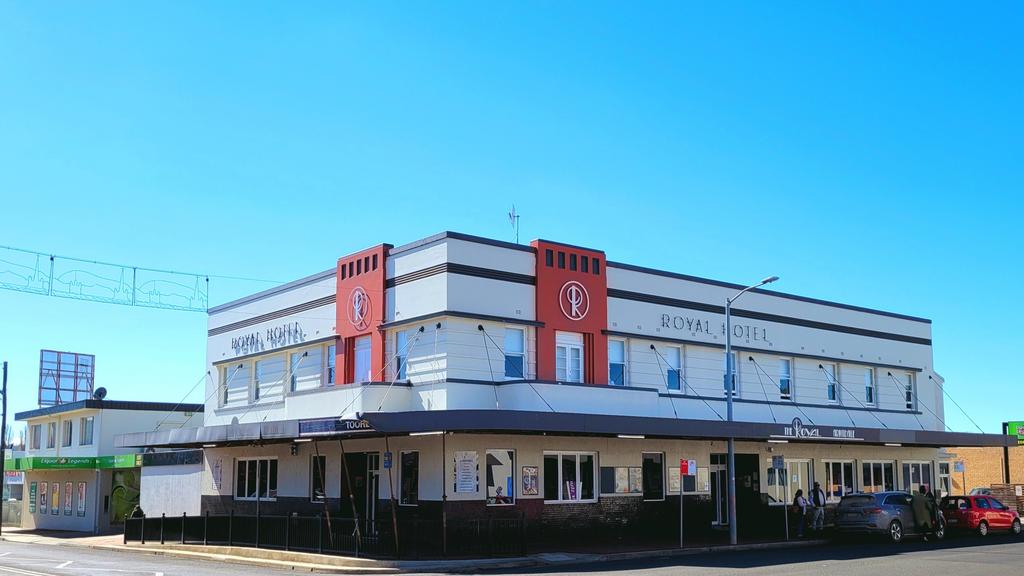
The Royal Hotel in Armidale.
Most of JLL’s sales through the quarter, some 32, were in NSW, where $400m worth of pubs changed hands, a further nine deals were done in Victoria at $125m in total and there was $50.5m in Queensland with six hotel sales.
In Brisbane, CBRE national director of hotels Wayne Bunz says pubs are popular because they have always been the most recession-proof asset class for a myriad of reasons.
“People are getting priced out of Sydney locations and are being forced to regional areas to buy pubs. There are great pubs in regional locations on big slabs of land,” Bunz says. “It doesn‘t matter how broke you are, people will always find time for a beer.
“Mates catch up with mates. For a lot of people pubs are a cheap source of food, and poker machines are a form of entertainment,” he says, adding that Brisbane’s iconic Breakfast Creek Hotel is part of the community.
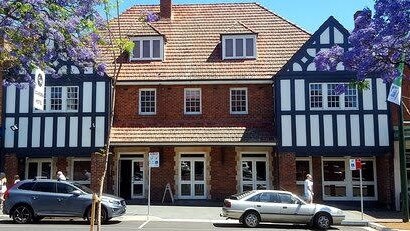
The Camden Hotel.
One of Bunz’s clients has a regional Queensland pub on the coast with 90 hotel rooms, 45 poker machines, two restaurants, a large entertainment precinct, and a drive-through bottle shop.
“They are a destination within themselves and offer multiple income streams,” Bunz says.
“This hotel turns over between $400,000 and $500,000 a week.”
But in Sydney, with its pubs with masses of pokies, some hoteliers are more interested in the profits from gaming than in actual liquor sales. It is not uncommon for a pub with the maximum amount of pokies to produce as much as $700,000 a week.

